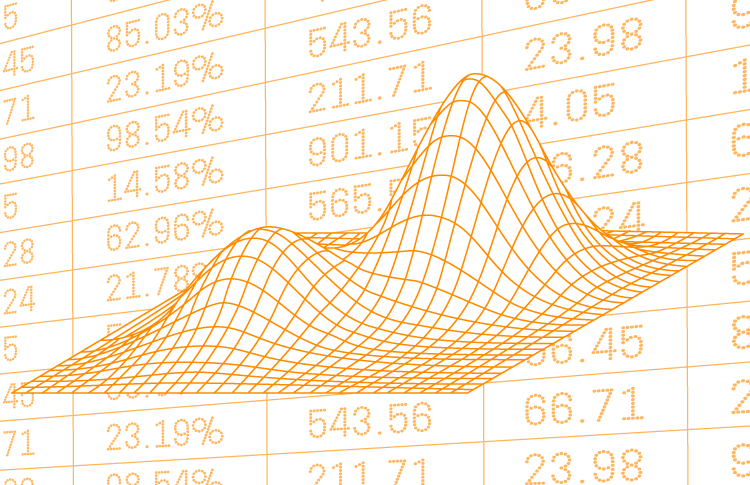
The AGORA Initiative was inspired by the idea gleaned from world chess champion Garry Kasparov's hybrid chess tournaments, namely that sets of specially formulated computer systems designed to facilitate groups of individuals to work together can defeat both best in class computer systems and world champion human experts. These sets of applications are formulated in a manner bringing together Research, Risk Assessment, and Portfolio Management in an integrated manner that facilitates human users' intuition. Central to this idea is the valuation engine built on the ARGOS platform utilizing AIAX objects. Designed to work in a way that is natural to human beings, the valuation engine is called via Jupyter Notebooks in which every example and principle is linked to transparent Python code connected to the underlying application which is written in a much more powerful object-oriented framework. This application is then in turn linked to other tools, such as optimizers. The AGORA Initiative initially began as a project targeted at computer scientists and mathematicians attempting to learn applied finance principles such as risk analysis and portfolio management. Since then, it has evolved into a framework to help those unfamiliar with programming, but who understand research, to learn to code with real-world examples and functional code.
In the 1990's at Columbia University, James Claus began the development of an integrated optimization and research platform utilizing open source code made available via the Systems Optimization Laboratory at Stanford University. This base structure was later adapted and implemented using IBM®'s proprietary CPLEX™ optimization suite. This CPLEX™-based version was in turn directly linked to a series of related valuation models that drove investment decisions. This base integrated research and risk system has been successfully implemented in numerous differing groups, including the world's largest institutional investor, Europe's highest frequency trader and one of the world's top emerging markets groups. Looking to the next generation of optimization technology initiatives and inspired by Kasparov's observations, the AGORA Initiative was launched to create a framework in which valuation engines, optimizers and other advanced software tools are utilized in a seamless manner, facilitating users' intuition. Understanding that research, risk assessment and portfolio management are best understood in the context of real problems, the AGORA Initiative has always used real market data for testing and refining underlying algorithms designed to generate risk-adjusted returns or "alpha."
Inspired by the tools used by top game companies in their Game Engines, the AGORA Initiative utilizes Python to interact with the underlying object-oriented framework. Designed to help human beings do what they do best―create, the AGORA Initiative's goal is to produce a set of Jupyter Notebooks that allow users to easily and intuitively interact with the underlying applications and data in a consistent manner via common scripting languages so the users do not have to concern themselves with complex underlying mechanics. This idea is based on the simple premise that most users do not need to concern themselves with the core technology advances occurring but should instead concern themselves with the strategic dynamics of the situation which they find themselves addressing in the financial markets.
Built on top of core functions constructed utilizing complex object-oriented code, the AGORA Initiative applications are called and manipulated via Python scripts with the purpose of simplifying research activities that were previously the domain of highly technical experts. The first research applications deployed in the AGORA Initiative have been those that allow users to seamlessly integrate and manipulate data that are mapped into the AIAX object store, effectively allowing users to define the parameters for reanalysis and create custom datasets. Building off of these advances, the AGORA Initiative is beginning a series of general and industry-specific valuation models relying on the base information stores, all to be delivered to end users via Jupyter Notebooks utilizing Python.